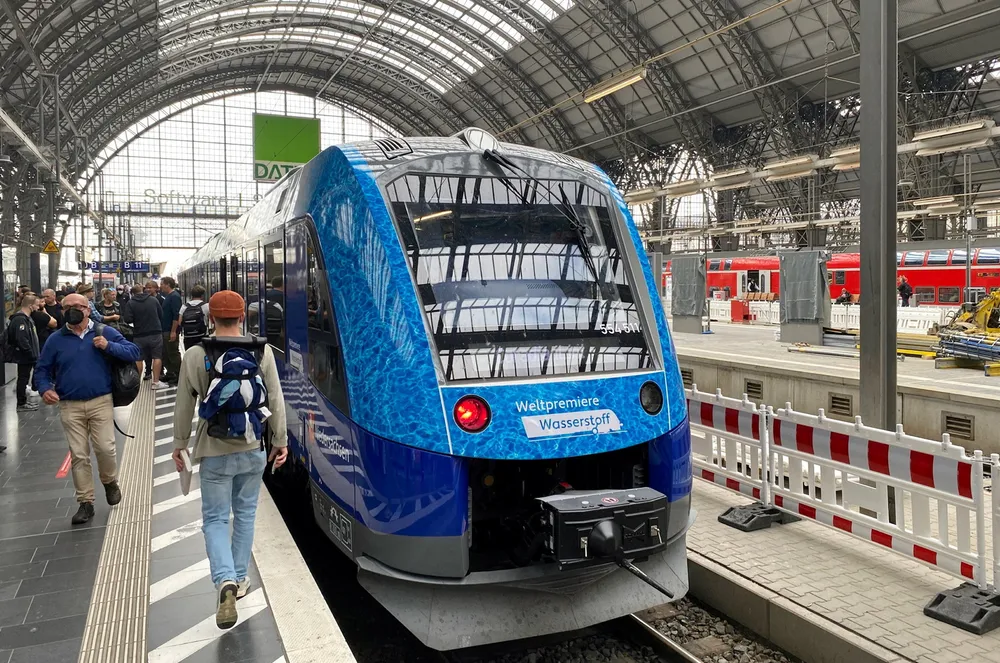'Chaos and massive disruptions' | World's largest hydrogen train fleet suffering teething problems in Germany
All 27 trains — ordered at a cost of €500m — were due to be operational in December, but manufacturing delays and technical faults have caused huge problems for passengers
